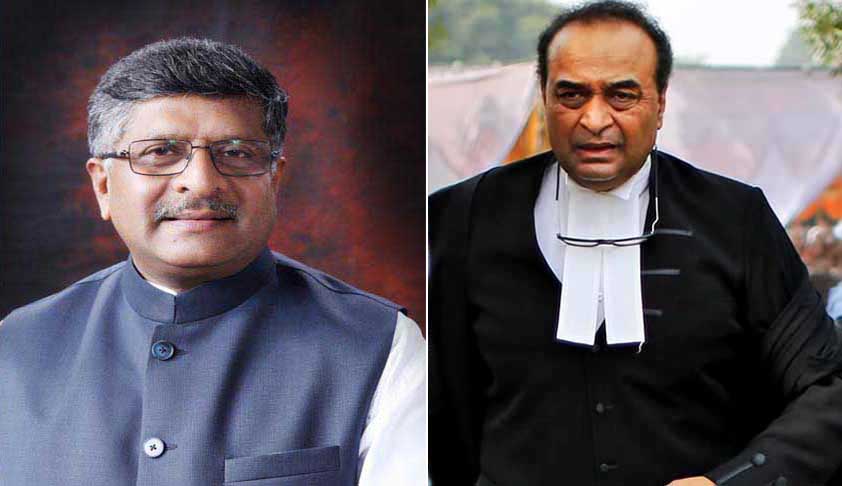Law Minister And Attorney General Disagree On Composite Floor Test As A Solution In Tamil Nadu
LiveLaw Research Team
15 Feb 2017 9:37 AM IST

Next Story
15 Feb 2017 9:37 AM IST
According to reports, the Attorney General, Mukul Rohatgi has suggested to the Acting Governor of Tamil Nadu, CH.Vidyasagar Rao that he should consider directing the Tamil Nadu Legislative Assembly to call a special session, to conduct a composite floor test, for both the Chief Minister, O.Paneer Selvam, and his rival claimant, who till yesterday, was V.K.Sasikala.Following the...
